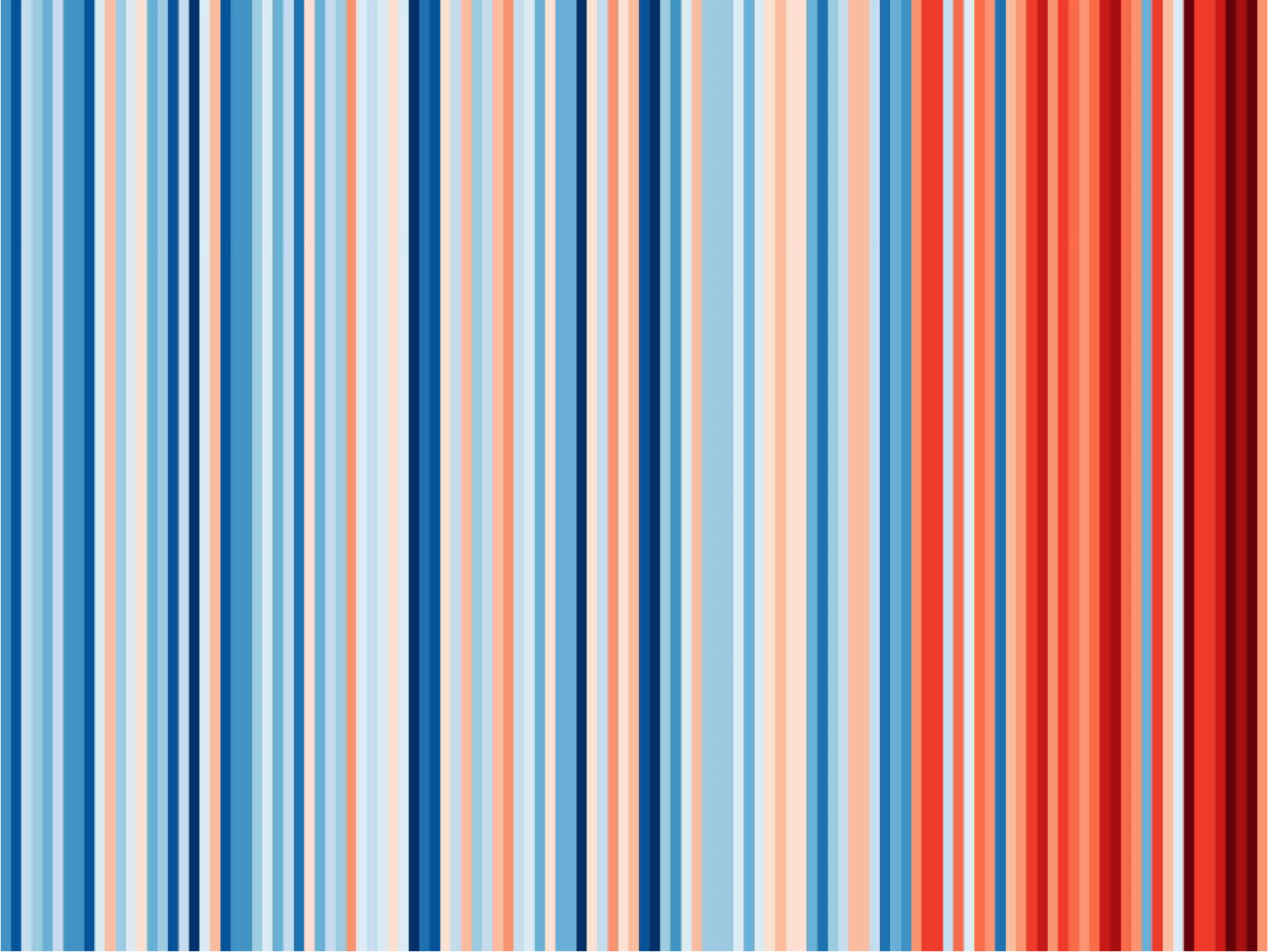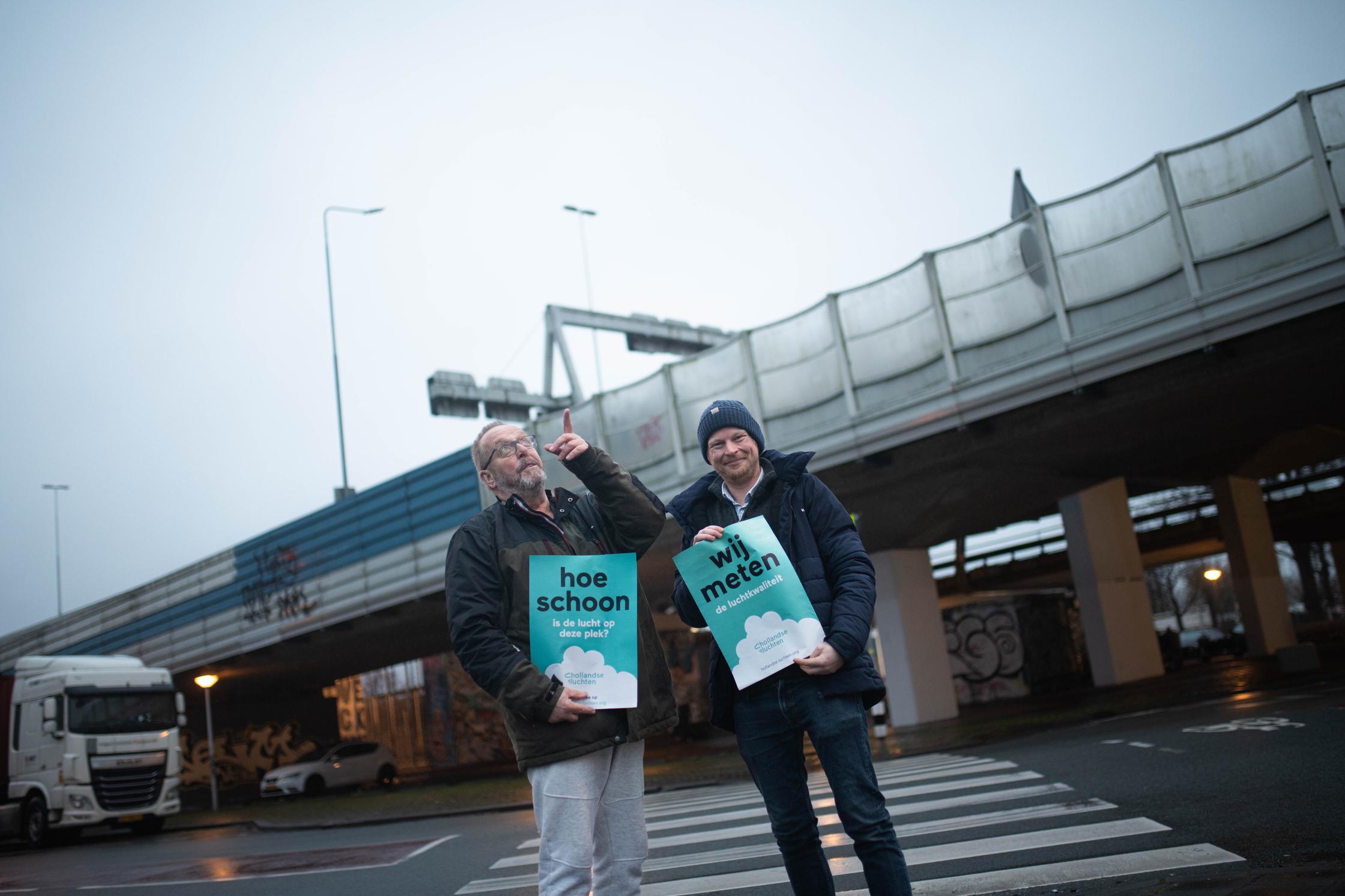'This is the only '-ism' that's actually a field of work'. Facilitator of the Climate Arena conference in Prague, Lorenz Matzat, is speaking in front of approximately 50 European journalists. Waag Futurelab has been invited to the Climate Arena conference to present the Thermo-staat project. In Thermo-staat we collaborate with journalists, scientists and residents to produce journalistic productions about heat.
Matzat leaves no doubt that journalism is idealistic work. His listeners - climate journalists - have ceased to be the 'neutral observers' for a long time now: they have become data experts, as well as pseudo-academics on subjects such as PFAS, air quality or climate adaptation. Close collaborations with scientists, civil society organisations and citizens are also increasingly important to them.
Climate journalism
The immense weight of climate change brings with it the journalistic responsibility to make problems graspable. Many journalists that were present at the Climate Arena conference felt the pressure to not only highlight urgencies, but also to suggest solutions and spur people to action. They believe that climate can no longer be seen as an isolated topic, but is fundamental in all fields. These journalists, called climate journalists, aim to give the public prospects for action and prevent climate fears from taking over. This is precisely why they are interested in collaborations with the public like we are currently doing in Thermo-staat.
Since climate change does not adhere to national borders or disciplines, neither do climate journalists. Collaborations with scientists, civil society organisations and international peers are key, as the Forever Pollution Project proves. In that project, 18 European newsrooms work together to map PFAS pollution. They use an academic methodology developed by Northeastern University (Boston), and are supervised by the same university. The result is "peer-reviewed journalism"; a model based on the peer-review model in science, where scientists check each other's work. The cases are airtight and that gives editors the confidence to build journalistic productions on it, each from their own national context.
Academic robustness is important because data journalism is prone to small mistakes, sometimes with major consequences. Those who have done months - or even years - of in-depth research, want to avoid at all costs that the work is written off because of methodological errors. Sometimes this leads to tensions, as Anna Solcerova of Hogeschool van Amsterdam (HvA) explains: 'we are here to kill the buzz.' Scientists don't like firm statements (headlines) and can sometimes test the patience of editors.
Thermo-staat
The Hogeschool van Amsterdam, VPRO (Argos) and Waag Futurelab were present at the Climate Arena conference to talk about the project Thermo-staat. In Thermo-staat we go a step further than other climate journalists, who usually investigate existing datasets. The VPRO audience forms the research community: by placing sensors in their homes and sharing their heat experiences, they contribute to the research on heat in homes. This is important for climate journalism, because this local knowledge and experiences make climate problems graspable. We would like to know how heat spreads in Dutch houses and what residents, landlords and municipalities are doing to limit the negative effects of heat in homes.
Waag takes a central position between journalism, science and residents. Citizen sensing, the methodology at the heart of Waag's Smart Citizens Lab, is the guiding principle. That means we are working with citizens in all phases of the research, giving them more grip and action perspective. Thus citizen sensing leads not only to new datasets, but also to a great involvement of the public in climate journalism.
The community that will measure heat this summer, will consist of residents of the IJmuiden apartment complexes Unic, Nieuwe Orion and IJkpunt; they will collect and analyse data on their own homes. But we also need you! Collaborate with us in the research by interpreting the data and sharing your experiences of heat on the Kenniscloud platform! This way, you work together with journalists from VPRO on new journalistic stories about heat and make the effects of climate change visible. From June onwards, we will start measuring. Keep an eye on the Thermo-staat website to follow the project.
Would you like to learn more about journalistic co-productions? Join the Stadskenners meetup on Thursday 1 June at De War in Amersfoort!


